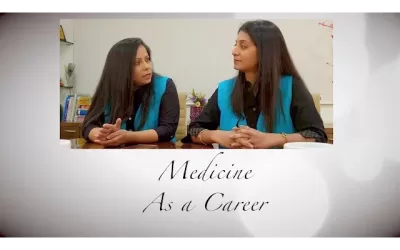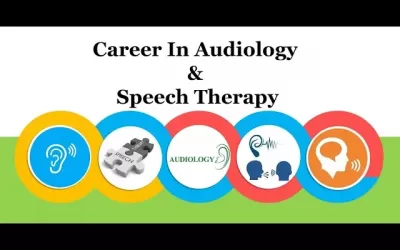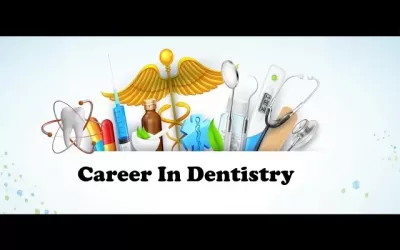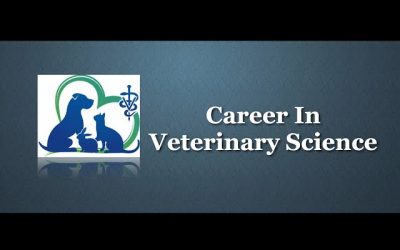Exploring Alternative Medicine: A Fulfilling Career Path
 In this episode, Ms. Tanvi Ashar talks about the field of alternative medicine. Alternative medicine includes Reiki, aromatherapy, hypnotherapy, crystal healing, pranic healing, acupuncture, and acupressure. Reiki, pranic healing, medication, and hypnotherapy are similar ways of healing.
In this episode, Ms. Tanvi Ashar talks about the field of alternative medicine. Alternative medicine includes Reiki, aromatherapy, hypnotherapy, crystal healing, pranic healing, acupuncture, and acupressure. Reiki, pranic healing, medication, and hypnotherapy are similar ways of healing.
Practitioners believe it taps into the body’s natural energy to speed healing, the practitioners hover their hands over the body or place them lightly on your skin. This is called a therapeutic or healing touch. These modalities work on the human aura and energy level with the spiritual bent to heal a patient. Alternative medicine can be used to heal the physical, emotional mental, and developmental states of an individual.
Practitioners work to promote health and well-being by treating the whole person and not just symptoms. Practitioners help patients suffering from a wide range of ailments like back pain, migraines, and arthritis. They work in hospitals, clinics, or practice on their own and other healing centers.
People at the age of 16 can learn these modalities. Communication skills, observation skills, empathy, the ability to restore faith, motivation, and guidance are some of the skills that one must have as a practitioner.
Frequently Asked Questions for Alternative Medicine as a Career Option
1. What is alternative medicine, and how does it differ from conventional medicine?
Alternative medicine includes various therapies and treatments that are outside the scope of conventional medicine. It often focuses on holistic approaches to healing and may involve practices such as herbal medicine, acupuncture, and chiropractic care.
2. What career opportunities are available in the field of alternative medicine?
Career options in alternative medicine include becoming a naturopathic doctor, acupuncturist, herbalist, chiropractor, massage therapist, aromatherapist, or homeopathic practitioner, among others.
3. What qualifications and education are required to pursue a career in alternative medicine?
The educational requirements vary depending on the specific field. Many alternative medicine careers require a bachelor’s degree and additional training or certification from accredited institutions.
4. Is it necessary to obtain a license or certification to practice alternative medicine?
Yes, in most countries, practitioners of alternative medicine are required to obtain licenses or certifications to ensure they meet the necessary standards and qualifications.
5. What are the key principles of alternative medicine, and how do they differ from conventional medical practices?
Alternative medicine often emphasizes the body’s natural healing processes, individualized treatment plans, and a holistic approach that considers the mind, body, and spirit. These principles can differ from the more symptom-focused approach of conventional medicine.
6. Can alternative medicine practitioners work alongside conventional healthcare professionals?
Yes, many alternative medicine practitioners collaborate with conventional healthcare providers to provide comprehensive care to patients. This is often referred to as integrative or complementary medicine.
7. Are there opportunities for specialization within alternative medicine careers?
Yes, practitioners can specialize in areas such as naturopathic pediatrics, acupuncture for pain management, herbal medicine, or chiropractic sports medicine, depending on their interests and training.
8. What are the potential benefits of choosing a career in alternative medicine?
Some benefits include the opportunity to promote holistic healing, help patients achieve optimal wellness, and often enjoy a strong sense of job satisfaction.
9. Are alternative medicine careers in demand, and what is the job outlook?
Job outlook varies by specialization and location. Some areas of alternative medicine, such as acupuncture and naturopathic medicine, have seen growing demand in recent years.
10. How can aspiring alternative medicine professionals gain practical experience during their education?
Many programs include clinical or internship components that allow students to gain hands-on experience under the supervision of experienced practitioners.
11. What ethical considerations are important in the practice of alternative medicine?
Ethical considerations include patient consent, maintaining confidentiality, providing evidence-based care when available, and adhering to professional standards of conduct.
12. Can alternative medicine practitioners offer dietary and nutritional advice to their clients or patients?
Yes, many alternative medicine practitioners incorporate dietary and nutritional counseling into their practice to support overall health and wellness.
13. What role does research play in alternative medicine, and how can practitioners stay updated on the latest developments?
Research is important in validating the effectiveness and safety of alternative therapies. Practitioners can stay updated through ongoing education, peer-reviewed journals, and participation in research projects.
14. Is alternative medicine covered by health insurance, and how does insurance reimbursement work?
Coverage varies by country and insurance provider. Some alternative medicine services may be covered, especially if provided by licensed practitioners, but it’s essential to check with individual insurance policies.
15. What challenges do alternative medicine practitioners face in their careers?
Challenges can include regulatory issues, skepticism from the conventional medical community, and the need to educate the public about the benefits and safety of alternative therapies.
16. Can alternative medicine practitioners establish their practices, clinics, or wellness centers?
Yes, many practitioners choose to establish their practices or work in alternative medicine clinics, wellness centers, or integrative healthcare facilities.
17. How can individuals interested in alternative medicine find accredited programs and reputable institutions for their education and training?
Accredited programs can often be found through reputable institutions, professional associations, and government regulatory bodies. It’s important to research and verify accreditation when choosing a program.
18. What resources and organizations are available for networking and professional development in the field of alternative medicine?
Organizations like the American Association of Naturopathic Physicians, American Herbalists Guild, and others provide resources, networking opportunities, and continuing education for practitioners.
19. Can alternative medicine practitioners work internationally, or are their qualifications limited to specific regions?
Qualifications and licensure requirements can vary by country, so practitioners may need to meet specific criteria to practice internationally.
20. How can someone interested in alternative medicine start their journey toward a career in this field?
Starting the journey typically involves researching specific career paths, finding accredited programs, and reaching out to practitioners or mentors for guidance and advice.






